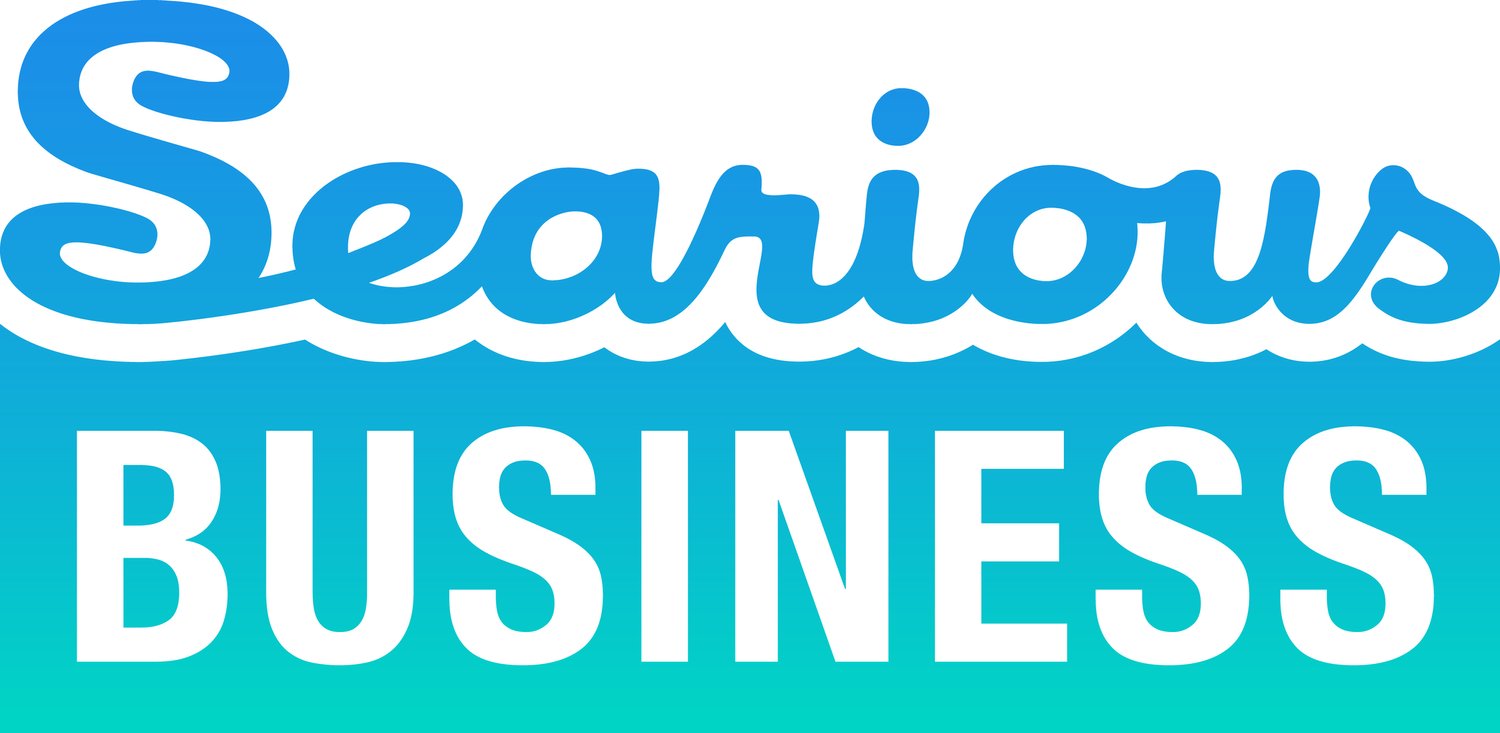Plastic Waste in South-East Africa
Sustainable Tourism
ZIMBABWE
There is already a strong push for accelerating environmental sustainability and a circular economy for plastics in Zimbabwe. The Environmental Management Agency in Zimbabwe have instigated several initiatives to reduce plastic waste and improve its management, including plastic bans and levies. Despite these efforts, plastic waste continues to be burned in the open air or leak from overflowing landfills. According to the EMA, 394 million kgs of plastic was imported into Zimbabwe, with only 40 million being recycled. The rest can end up a source of pollution, clogging drains, and leaking into rivers and waterways endangering wildlife and the local economy.
Tourism is Zimbabwe’s third-largest industry, with over 2.5 million foreign visitors per year. With these tourists comes a lot of single-use plastic. According to the Institute of Environmental Studies, the sector contributes up to 18% of all plastic waste generated. Single-use plastic food and beverage containers, straws, carrier bags and toiletries used in hospitality can leak into the environment causing untold damage. Plastic waste can clog storm drains leading to flash flooding, it gets ingested by farm animals and wildlife, and it leaks into rivers poisoning water supplies.
MALAWI
Malawi faces significant challenges related to plastic pollution. With rapid waste generation, approximately 80% of the country’s plastic production is single-use and cannot be recycled. Despite a plastic bag ban in place since 2015, proper waste management remains a struggle, leading to environmental and health risks. Efforts to combat plastic pollution are crucial for the well-being of both Malawi’s ecosystems and its people, and this begins with producers taking responsibility for the products and packaging they produce.
Tourism is Zimbabwe’s third-largest industry, with over 2.5 million foreign visitors per year. With these tourists comes a lot of single-use plastic. According to the Institute of Environmental Studies, the sector contributes up to 18% of all plastic waste generated. Single-use plastic food and beverage containers, straws, carrier bags and toiletries used in hospitality can leak into the environment causing untold damage. Plastic waste can clog storm drains leading to flash flooding, it gets ingested by farm animals and wildlife, and it leaks into rivers poisoning water supplies.
PLASTIC WASTE-FREE HOTELS
Searious Business is partnering with key stakeholders in Zimbabwe and Malawi to train hotels in reducing plastic waste in the tourism sector.
In Zimbabwe, this initiative—part of the project Strengthening Knowledge and Capacity to Prevent and Reduce Plastic Waste—was delivered alongside the Zimbabwe Tourism Authority, the Africa Institute, and the Ministry of Environment, Climate, Tourism, and Hospitality Industry. Hotels received hands-on training in tracking and minimizing single-use plastic, implementing waste management best practices, and developing roadmaps for plastic-free operations.
In Malawi, in collaboration with the Ministry of Natural Resources and Climate Change, the Africa Institute, and the BRS Secretariat, we are providing similar training, focusing on circular practices, policy analysis, and stakeholder readiness. The program builds on research, interviews, and surveys to design targeted interventions for sustainable waste management.
This project, funded by the Norwegian Retailers Environment Fund, the Governments of Norway & Sweden, and Norad, represents a significant step toward a more sustainable tourism industry.
Be part of the solution
Monthly recap
Stay up to date with our projects and other developments in the circular economy






